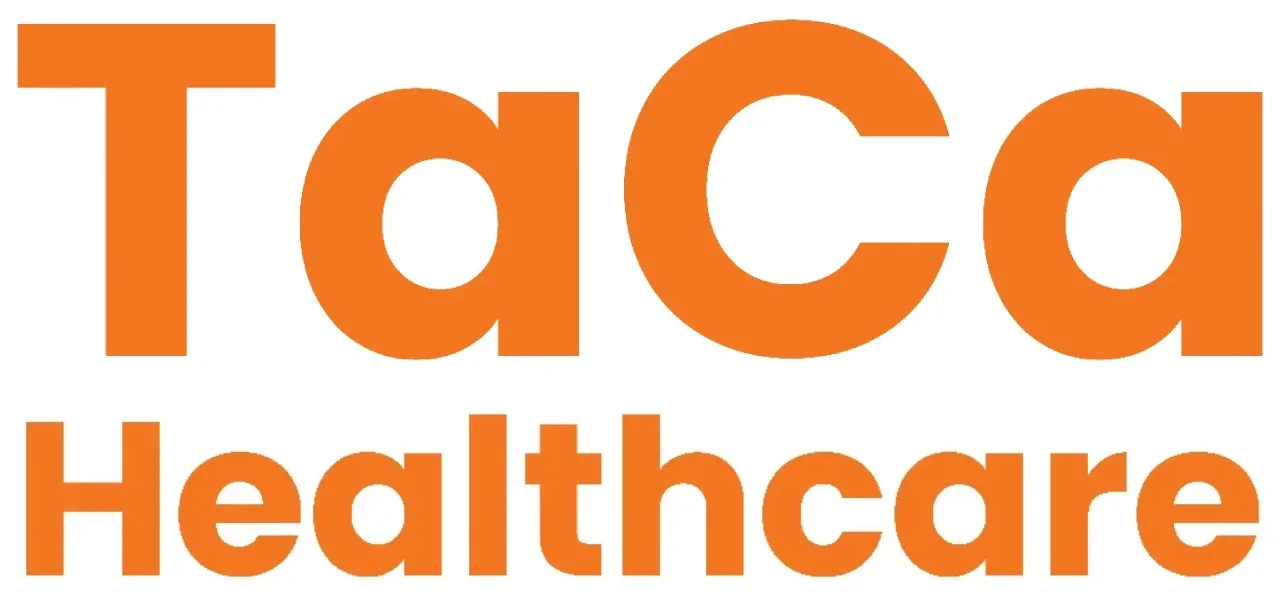The median nerve is compressed as it passes through the hand, causing carpal tunnel syndrome. On the palm side of your hand, the median nerve is found (also called the carpal tunnel). The median nerve provides sensation to your thumb, index finger, long finger, and a portion of your ring finger. It sends an impulse to the muscle that moves the thumb. On the side of your hand near the thumb, it might cause numbness, weakness, and tingling.













